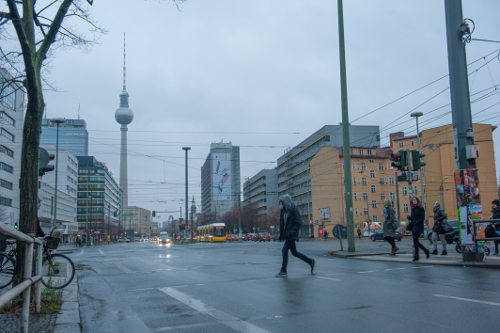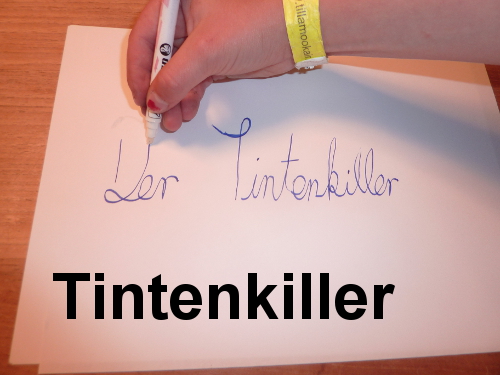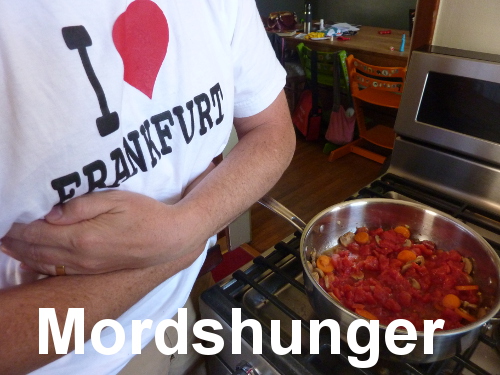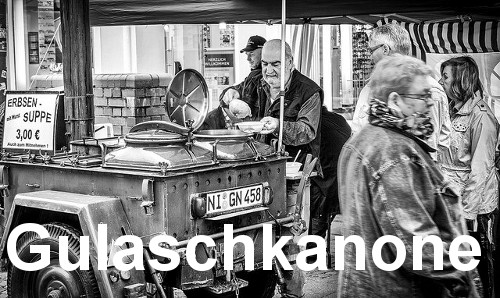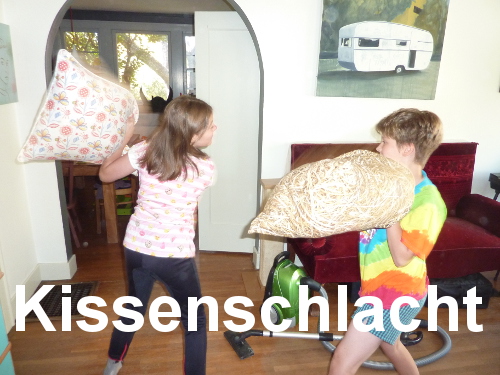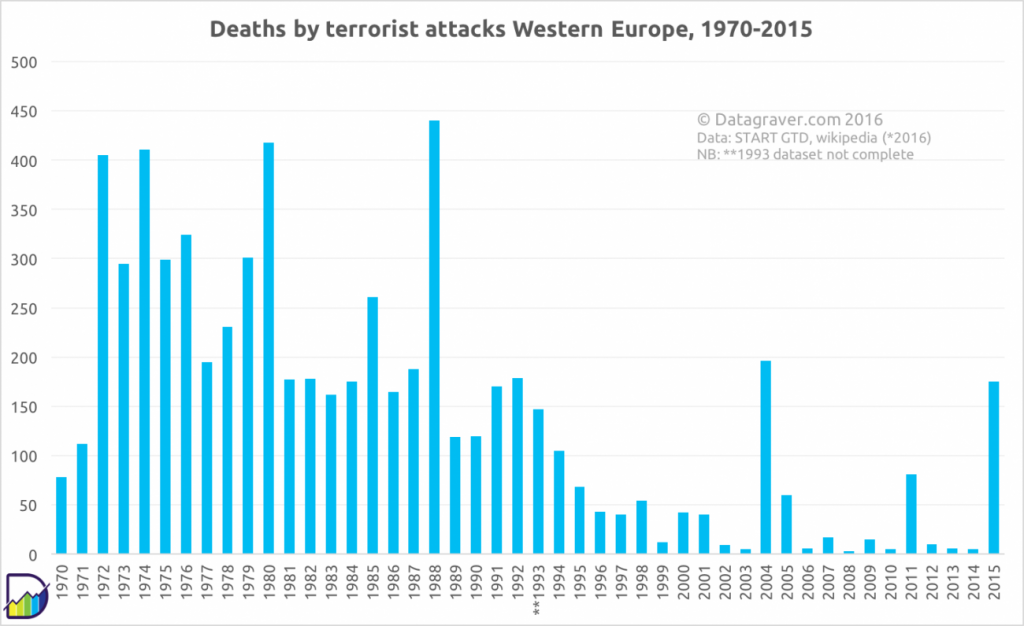One of the first things I thought when I moved back to Germany in 1998 was: “Wow, German teenagers look a lot more like American teenagers now than when I was an exchange student here.” I was standing on the Zeil shopping street in Frankfurt staring at a pair of baggy-pantsed, baseball cap-wearing teens in front of Kaufhof. Judging by their style, they could have been standing in front of a Macy’s in the Mall of America or a Starbucks anywhere.
They weren’t wearing black socks with tennis shoes and apparently no longer had an inexplicable love of stone-washed (or is it acid-washed?) jeans, like when I was an exchange student at Maximilian Kolbe Gymnasium.

But it was the first time I realized that globalization is leading to an international monoculture, something I bemoan as I get older and start to get annoyed by young people congregating on my lawn. No place seems as unique anymore. Everywhere seems more and more similar – and more like an American mall.
And one of the most absurd effects of this monoculture is Black Friday sales anywhere outside the 48 contiguous U.S. states. And Alaska and Hawaii. And maybe a few military bases. Black Friday isn’t even something we’re especially proud of in America. It’s just something that evolved organically, then got usurped by the all-powerful marketing machine and is now unstoppable. Like Two and a Half Men.
Black Friday in Germany
In its essence, Black Friday is the Friday after a holiday where no one really works and doesn’t want to see their family anymore. Normally, you’d treat such a day like a Sunday and wear your best clothes, visit friends and maybe go for a walk. But since the Thanksgiving holiday a day before that was just that, the only other option is apparently to lose your shit in a shopping mall over dubious discounts.
Yeah, I can totally see why the world would adopt that quirk of American culture. Although, to be fair, Black Friday actually combines two things Germans are passionate about: Being cheap and a love/hate of America: “Schnell Heinz-Dietrich! Vee kahn run to ze store and akt like all zose people vee mock in dubbed American TV shows all ze vile saving moneys! Lauf, Heinz-Dietrich! Lauf!”
But it’s just a symptom for the broader monoculture disease. I can now get a variety of Ritter Sports at the cash register here in Portland and our local Kaisers in Berlin had Kraft Macaroni and Cheese. And that’s not even mentioning the proliferation of chains like Subway, H&M and Uniqlo.
Berlin often feels like a neighborhood of Brooklyn and Amsterdam has long just been an outpost of Blackpool. There’s always Dresden, I guess.
This is a rant and an oversimplification and exaggeration, and possibly ultimately pointless.
Kind of like Black Friday itself.
Leave a Comment

